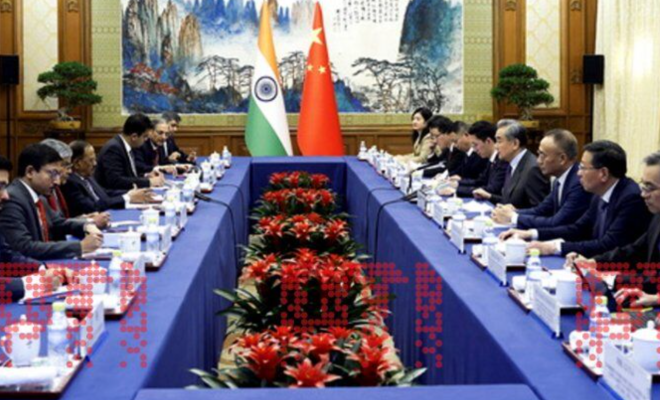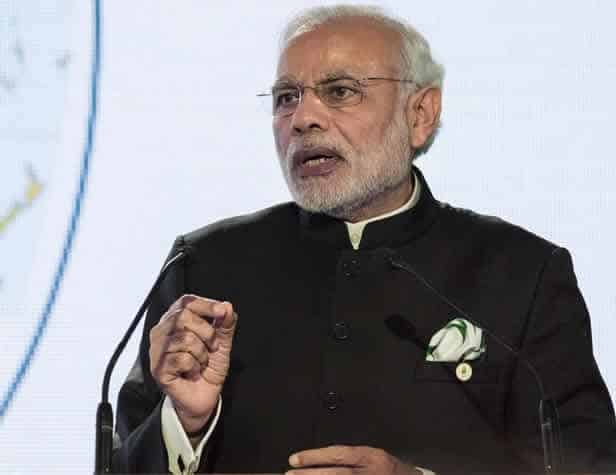Negotiations over Kailash-Mansarovar between India-China Seamlessly Executed

One of the important and a remarkable spiritual pilgrimage of the devoted followers of various religions which includes Hinduism, Buddhism, Jainism, and bone religion is “Kailash-Mansarovar Yatra”.
Why is it so special?
According to the listed factors and beliefs Mt.Kailash stands so special and majestic. In Hinduism it is believed as the sacred abode of lord Shiva and believed to be the centre of the universe and it’s gigantic shape symbolises the spiritual significance. While it is considered to be another form of Demchok (Buddha) by the Buddhist, it is known as Kang Ripoche. The jains consider Mt Kailash as Ashtapad the place where their first Tirthankara Rishabdev achieved nirvana. In a whole, it is a symbol of spiritual power. Near this Mt.Kailash a freshwater lake flows which is regarded as the metaphor of Sun and Cosmic energy, “Lake Mansarovar”.
Since, 2020 COVID-19 pandemic and ongoing border rifts between India and China has resulted in suspension of the Kailash Mansarovar Yatra. Diplomatic efforts has been made consistently by India to resume this sacred pilgrimage for which the travelers must travel through different kinds of challenging roots from India to Nepal and ends in Tibet.
Kailash Mansarovar Yatra likely to begin?
The evidences points to the resume of much anticipated pilgrimage after 4 years. Based on the 23rd meeting of SRs(Special Representatives) between India National Security Advisor, Ajit Doval and China’s Foreign Minister Wang Yi included in the positive agreement of cross border exchange. A six consensus points had been released after this meeting. The following are the most highlighting points from it,
- Both sides positively evaluated the solution reached between the two countries on border issues, reiterated that the implementation work should continue, and believed that the border issue should be properly handled from the overall situation of bilateral relations so as not to affect the development of bilateral relations. Both sides agreed to continue to take measures to maintain peace and tranquility in the border areas and promote the healthy and stable development of bilateral relations.
- The two sides agreed to continue to strengthen cross-border exchanges and cooperation and promote the resumption of Indian pilgrim’s pilgrimage to Tibet, China, cross-border river cooperation and Nathula border trade.
- The two sides agreed to hold a new round of special representatives’ meetings in India next year, and the specific time will be determined through diplomatic channels.



